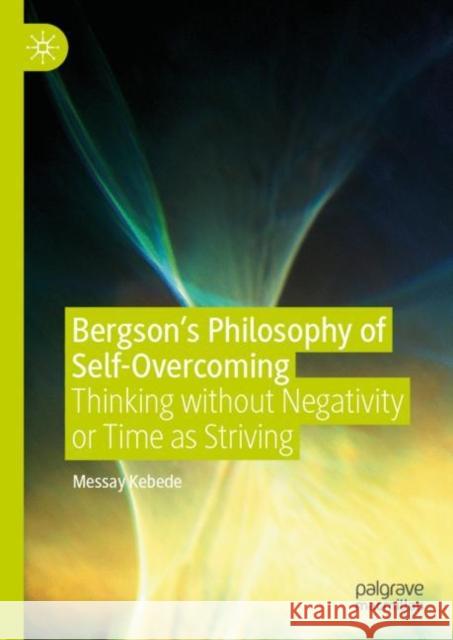Bergson's Philosophy of Self-Overcoming: Thinking Without Negativity or Time as Striving » książka
topmenu
Bergson's Philosophy of Self-Overcoming: Thinking Without Negativity or Time as Striving
ISBN-13: 9783030154868 / Angielski / Twarda / 2019 / 291 str.
Kategorie BISAC:
Wydawca:
Palgrave MacMillan
Język:
Angielski
ISBN-13:
9783030154868
Rok wydania:
2019
Wydanie:
2019
Ilość stron:
291
Waga:
0.50 kg
Wymiary:
21.01 x 14.81 x 1.75
Oprawa:
Twarda
Wolumenów:
01
Dodatkowe informacje:
Wydanie ilustrowane











